Tillerson admits failure of North Korea policy
In his first trip to Asia as US secretary of state, Rex Tillerson has said two decades of US policy vis-à-vis North Korea have failed to deter the Asian country from advancing a military nuclear program, calling for “a new approach.”
“I think it’s important to recognize that the political and diplomatic efforts of the past 20 years to bring North Korea to the point of denuclearization have failed,” said US Secretary of State Rex Tillerson in a joint press conference with his Japanese Foreign Minister Fumio Kishida in Tokyo on Thursday.
“In the face of the ever-escalating threat, it is clear that a new approach is required,” Tillerson added, without explaining what that approach would be.
Tillerson, who had never served in the US’s diplomatic corps before becoming the country’s top diplomat, also urged Beijing to “to fulfill its obligations and fully implement the sanctions called for” in the United Nations Security Council’s resolutions against North Korea.
Kishida, for his part, said Tokyo recognized that “threats” from North Korea had entered a new stage and, to eliminate the threats, Japanese officials “need to continue working with the United States and other countries concerned to demand North Korea refrain from provocations and observe UN Security Council resolutions.” He also urged Beijing to push North Korea to change.
Elsewhere in his remarks, the Japanese top diplomat said that the fact that his country had been Tillerson’s first stop in his Asia tour showed the importance the US attached to the “unwavering bond” between the two sides.

Tillerson also met with Japanese Prime Minister Shinzo Abe later in the day.
On Friday, the US secretary of state will travel to South Korea, where American military forces are engaged in annual military exercises with South Korea in what have been described by Pyongyang as rehearsals for an invasion.
The US military has just begun deploying an advanced missile system in South Korea known as the Terminal High Altitude Area Defense (THAAD), raising the ire of North Korea, China, and Russia.
Washington and Seoul claim that the missile system is for defense against North Korea, which has conducted numerous ballistic missile tests in the past, including most recently on March 6.

Back then, the North Korean military fired four ballistic missiles, three of which landed into the Sea of Japan, in an area where Tokyo claims as its sovereign territory.
Tillerson will on Saturday travel to China, where he is expected to try to convince Chinese leaders to pressure North Korea to abandon its nuclear program. China is North Korea’s main ally.
The UN and the European Union have already imposed an array of crippling sanctions on the North over its missile and nuclear programs. Pyongyang says the programs are meant to protect the country from US hostility.
Hamas condemns Israeli evacuation order of Indonesian Hospital
VIDEO | Yemen resistance remains resolute
'Easy target': Yemen warns 4th US carrier within reach
Iran military awarded $40 mln worth of vessel building contracts
‘These kids need to be killed’: Shocking details of Israeli brutalities in Gaza
Yemen faces ‘highest burden’ of cholera globally: WHO
Settlement expansion proves Israel cannot be trusted for any peace deal: Hamas
VIDEO | Press TV's news headlines


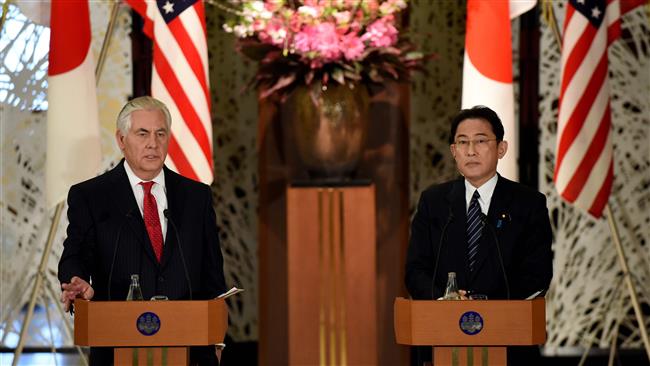
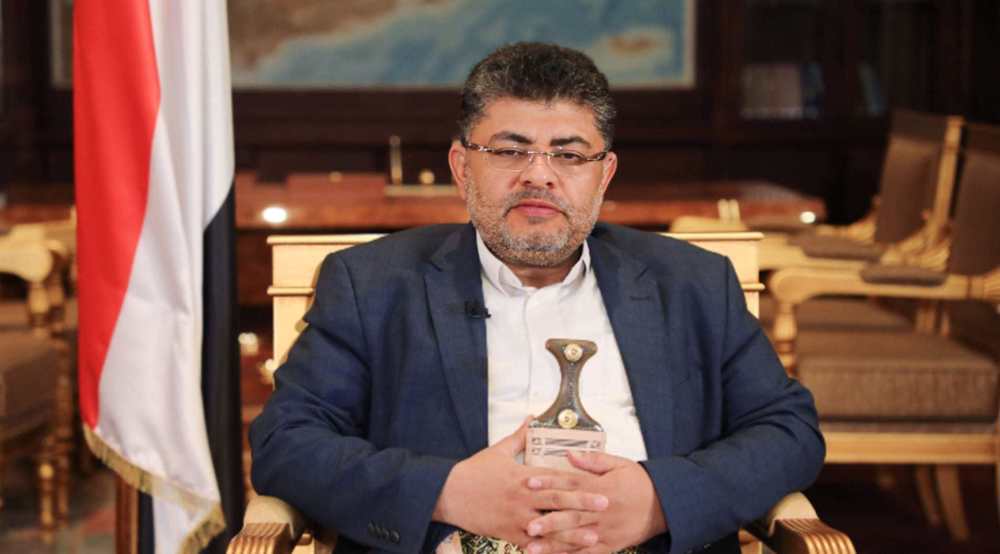
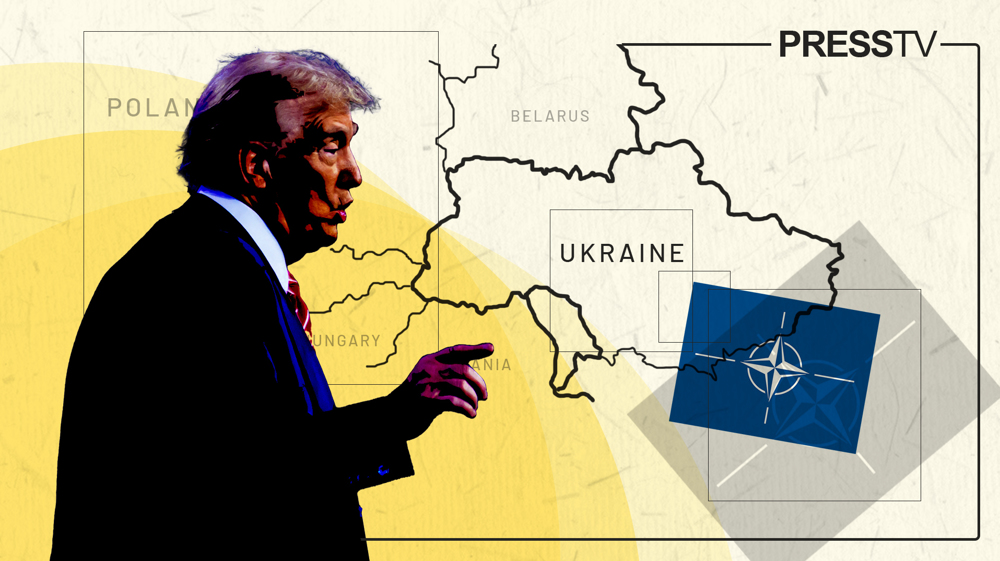




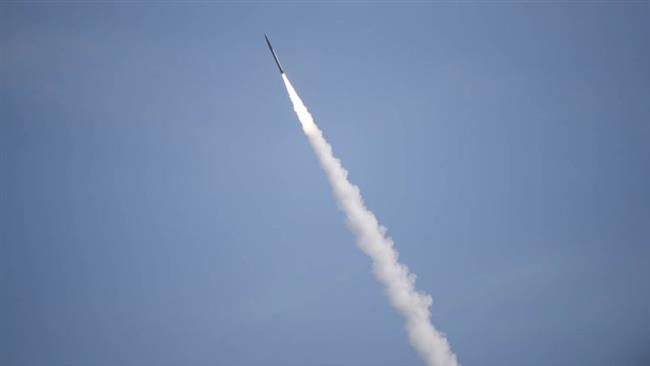
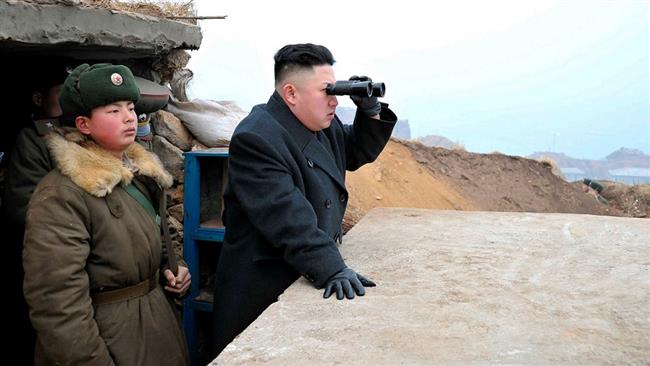
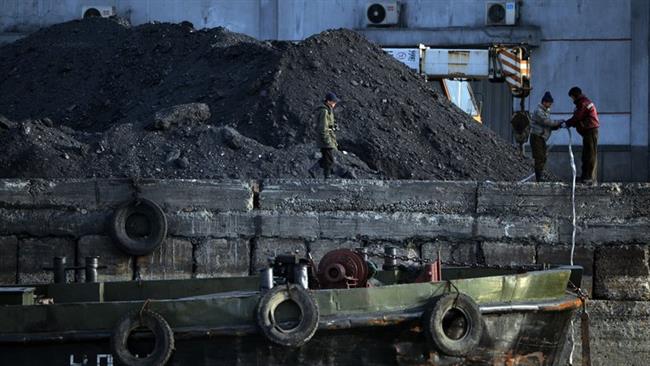

 This makes it easy to access the Press TV website
This makes it easy to access the Press TV website